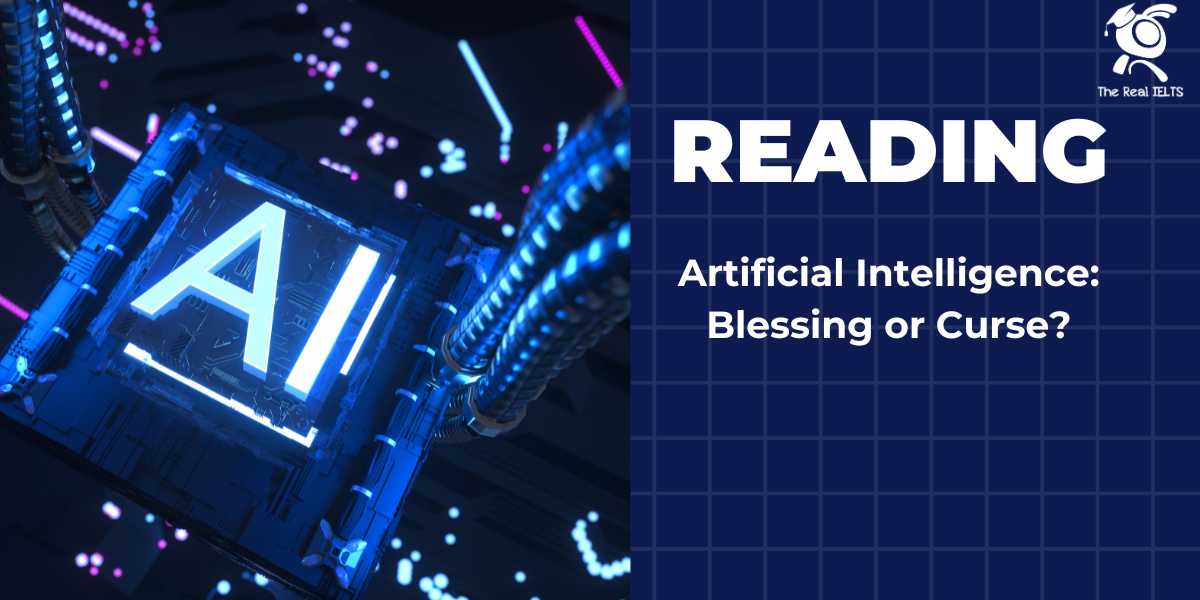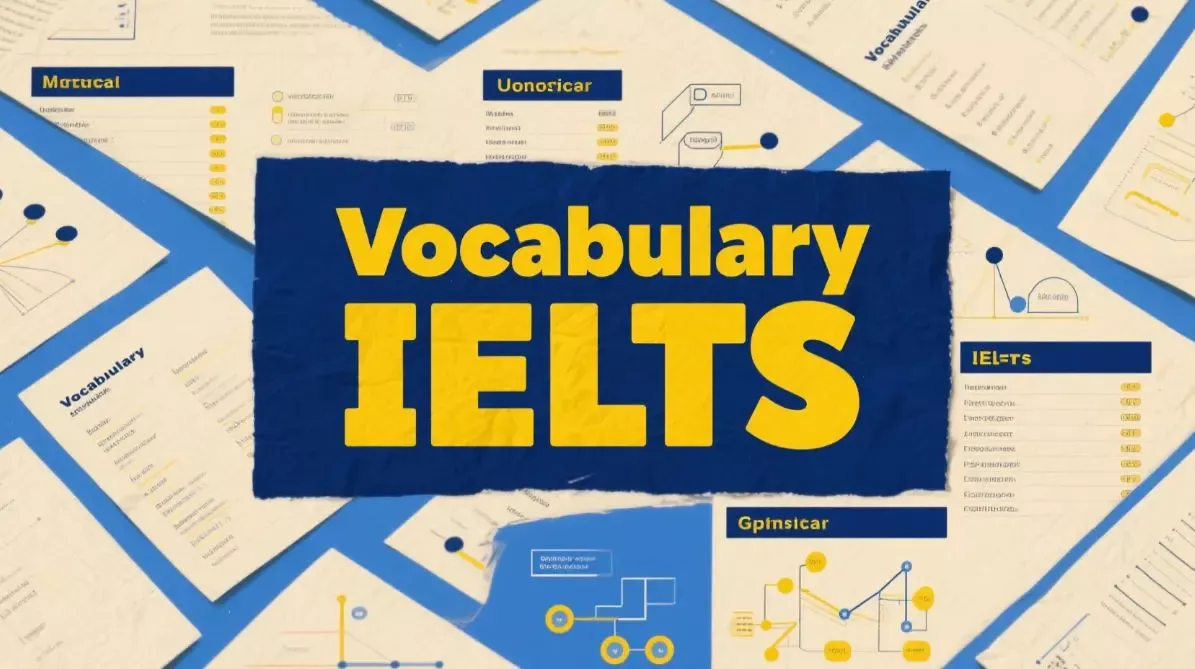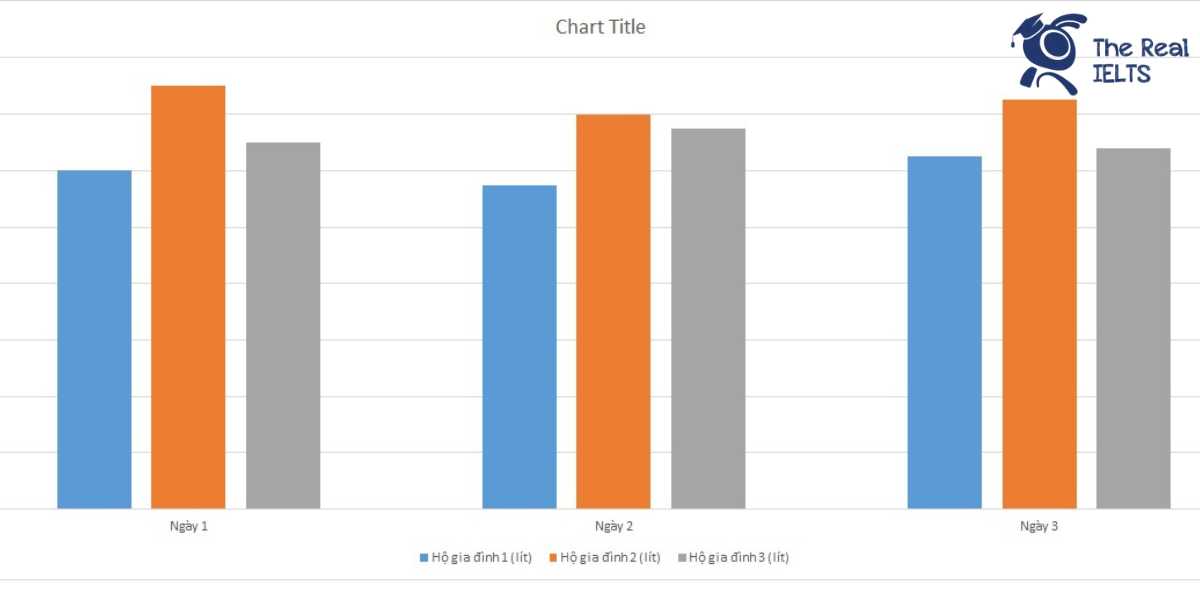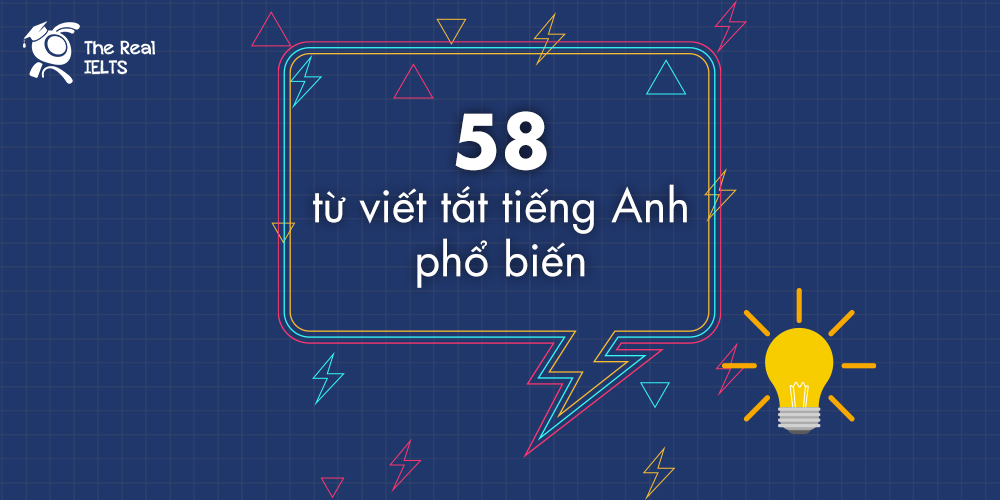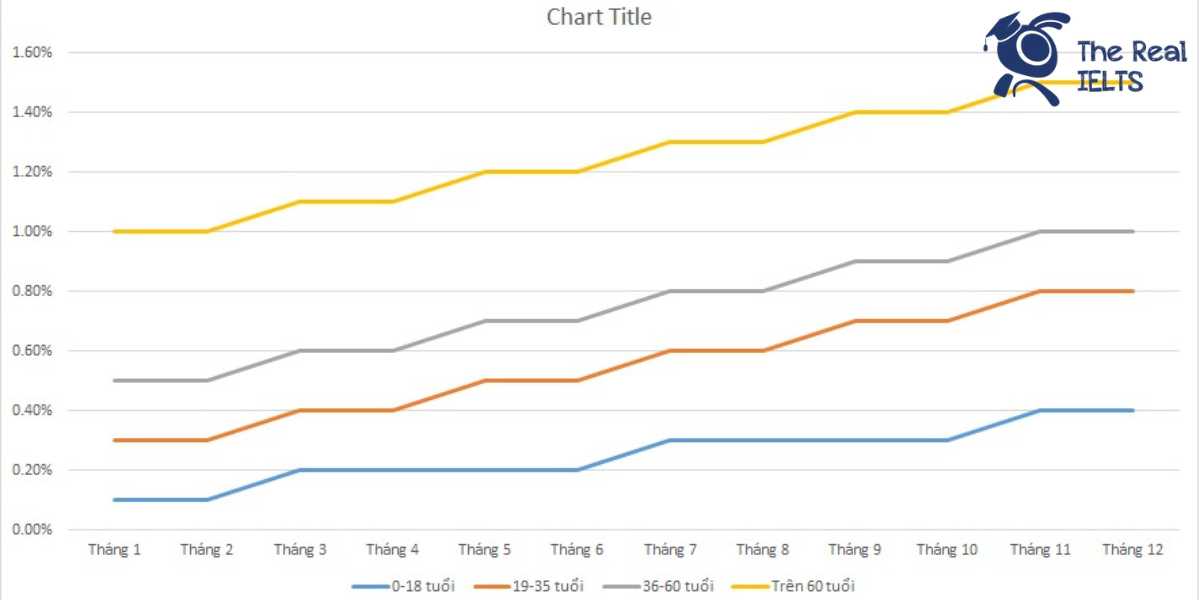Bài Reading này có chủ đề là Artificial Intelligence: Blessing or Curse. Chủ đề này là chủ đề khá mới, và với cơ chế ra đề mới nhất hiện nay là thực hiện việc thay đổi đề liên tục thì chủ đề trí tuệ nhân tạo nhiều khả năng sẽ xuất hiện nhiều trong các đề thi Reading IELTS.
Reading: Artificial Intelligence: Blessing or Curse?
Artificial Intelligence (AI) has become an omnipresent force shaping our world in ways both profound and controversial. As society embraces this technology at an unprecedented pace, the debate intensifies over whether AI is a boon that will propel humanity toward a brighter future or a bane that threatens to undermine our very existence.
Advocates of AI herald its potential to revolutionize nearly every facet of human life. One of its most touted benefits is its capacity to enhance efficiency and productivity across industries. From automating mundane tasks to optimizing complex processes, AI promises to streamline workflows and free up human labor for more creative and strategic endeavors. Moreover, AI-driven innovations in healthcare hold the promise of personalized medicine, early disease detection, and improved patient outcomes. In education, AI-powered tutoring systems can cater to individual learning styles, fostering a more effective and inclusive approach to education. Additionally, AI’s role in environmental conservation, disaster response, and urban planning offers hope for a sustainable future.
However, alongside its promise, AI also raises profound ethical and societal concerns. The rise of AI-driven automation threatens widespread job displacement, exacerbating socioeconomic inequalities and widening the gap between the skilled and the unskilled workforce. Moreover, the opaque algorithms underlying AI systems risk perpetuating biases and discrimination, amplifying existing societal injustices. The advent of autonomous weapons systems further fuels fears of AI being used for destructive purposes, potentially escalating conflicts and undermining global security. Additionally, the existential risks posed by superintelligent AI, capable of outpacing human intelligence and control, prompt existential concerns about the future of humanity itself.
To navigate the complexities of AI responsibly, a concerted effort is required from policymakers, technologists, and society at large. Ethical guidelines and regulatory frameworks must be established to ensure the ethical development and deployment of AI systems, prioritizing transparency, accountability, and inclusivity. Investments in education and reskilling programs can mitigate the adverse effects of job displacement, empowering individuals to thrive in an AI-driven economy. International cooperation is essential to address the global implications of AI, fostering dialogue and cooperation to mitigate the risks of misuse and ensure that AI benefits humanity as a whole.
In conclusion, the impact of Artificial Intelligence on society is multifaceted, encompassing both tremendous opportunities and profound challenges. Whether AI ultimately proves to be a boon or a bane hinges not on the technology itself, but on how we choose to wield it. By embracing a human-centered approach to AI development and governance, we can harness its transformative potential to create a future that is more equitable, prosperous, and sustainable for all.
Question
- How has artificial intelligence impacted efficiency and productivity across various industries?
- What are some potential benefits of AI in healthcare, according to the article?
- What concerns are raised regarding the impact of AI on the job market?
- How do opaque algorithms in AI systems contribute to societal biases and discrimination?
- What risks are associated with the development of autonomous weapons systems powered by AI?
- What ethical principles and regulatory measures are suggested to guide the responsible development of AI?
- How might investments in education and reskilling programs mitigate the adverse effects of job displacement caused by AI?
- Why is international cooperation deemed essential in addressing the global implications of AI?
- How does the article suggest balancing the opportunities and challenges posed by AI to ensure its benefits for humanity?
- What is emphasized as crucial for leveraging AI’s transformative potential in creating a more equitable and sustainable future?
Câu trả lời gợi ý
- Artificial intelligence has significantly improved efficiency and productivity by automating tasks and optimizing processes in industries such as manufacturing, finance, and transportation.
- AI in healthcare holds the promise of personalized medicine, early disease detection through data analysis, and improved patient outcomes through predictive analytics.
- Concerns regarding AI’s impact on the job market include widespread job displacement due to automation, potentially widening the gap between skilled and unskilled workers.
- Opaque algorithms in AI systems can perpetuate societal biases by reinforcing existing prejudices present in the data used to train them, leading to discriminatory outcomes in areas such as hiring and lending.
- The development of autonomous weapons systems powered by AI raises risks of misuse, including the potential for escalation in conflicts and the erosion of human control over lethal decision-making.
- Ethical principles and regulatory measures suggested include prioritizing transparency and accountability in AI development, ensuring fairness and inclusivity, and establishing guidelines for the ethical use of AI in various domains.
- Investments in education and reskilling programs are proposed to help individuals adapt to the changing job market, enabling them to acquire the skills needed to thrive in an AI-driven economy.
- International cooperation is essential to address the global implications of AI, including establishing norms and standards for AI governance, sharing best practices, and coordinating efforts to mitigate risks.
- Balancing the opportunities and challenges posed by AI requires adopting a human-centered approach to development and governance, ensuring that AI serves the collective interests of humanity while minimizing harm.
- Leveraging AI’s transformative potential to create a more equitable and sustainable future necessitates a collaborative effort involving policymakers, technologists, and society at large to shape the direction of AI in alignment with ethical values and societal goals.
Phần song ngữ
Artificial Intelligence: Blessing or Curse?
Trí tuệ nhân tạo: Lợi ích hay Mối đe dọa?
Artificial Intelligence (AI) has become an omnipresent force shaping our world in ways both profound and controversial. As society embraces this technology at an unprecedented pace, the debate intensifies over whether AI is a boon that will propel humanity toward a brighter future or a bane that threatens to undermine our very existence.
Trí tuệ nhân tạo (AI) đã trở thành một lực lượng vô song đang hình thành thế giới của chúng ta theo cách đầy sâu sắc và gây tranh cãi. Khi xã hội chấp nhận công nghệ này với tốc độ chưa từng có, cuộc tranh luận trở nên quyết liệt về việc liệu AI có phải là một phước hay là một tai ương đang đe dọa đến sự tồn vong của chúng ta.
Advocates of AI herald its potential to revolutionize nearly every facet of human life. One of its most touted benefits is its capacity to enhance efficiency and productivity across industries. From automating mundane tasks to optimizing complex processes, AI promises to streamline workflows and free up human labor for more creative and strategic endeavors. Moreover, AI-driven innovations in healthcare hold the promise of personalized medicine, early disease detection, and improved patient outcomes.
Những người ủng hộ AI ca tụng tiềm năng của nó trong việc cách mạng hóa gần như mọi khía cạnh của cuộc sống con người. Một trong những lợi ích được ca tụng nhất của nó là khả năng cải thiện hiệu suất và năng suất trong các ngành công nghiệp. Từ việc tự động hóa các nhiệm vụ nhàm chán đến tối ưu hóa các quy trình phức tạp, AI hứa hẹn tối ưu hóa luồng công việc và giải phóng lao động con người cho các công việc sáng tạo và chiến lược hơn. Hơn nữa, các đổi mới dựa trên AI trong lĩnh vực y tế hứa hẹn về y học cá nhân hóa, phát hiện bệnh sớm và cải thiện kết quả điều trị cho bệnh nhân.
In education, AI-powered tutoring systems can cater to individual learning styles, fostering a more effective and inclusive approach to education. Additionally, AI’s role in environmental conservation, disaster response, and urban planning offers hope for a sustainable future.
Trong lĩnh vực giáo dục, các hệ thống hướng dẫn dựa trên AI có thể phục vụ cho các phong cách học cá nhân, tạo ra một phương pháp giáo dục hiệu quả và bao hàm hơn. Ngoài ra, vai trò của AI trong bảo tồn môi trường, ứng phó với thiên tai và quy hoạch đô thị mang lại hy vọng cho một tương lai bền vững.
However, alongside its promise, AI also raises profound ethical and societal concerns. The rise of AI-driven automation threatens widespread job displacement, exacerbating socioeconomic inequalities and widening the gap between the skilled and the unskilled workforce. Moreover, the opaque algorithms underlying AI systems risk perpetuating biases and discrimination, amplifying existing societal injustices.
Tuy nhiên, song song với lợi ích, AI cũng đặt ra những vấn đề đạo đức và xã hội sâu sắc. Sự gia tăng của tự động hóa dựa trên AI đe dọa sự thay đổi công việc trên quy mô rộng, làm gia tăng bất bình đẳng kinh tế xã hội và mở rộng khoảng cách giữa lao động có kỹ năng và không có kỹ năng. Hơn nữa, các thuật toán không minh bạch đứng sau các hệ thống AI có nguy cơ duy trì các định kiến và phân biệt đối xử, tăng cường những bất công xã hội hiện có.
The advent of autonomous weapons systems further fuels fears of AI being used for destructive purposes, potentially escalating conflicts and undermining global security. Additionally, the existential risks posed by superintelligent AI, capable of outpacing human intelligence and control, prompt existential concerns about the future of humanity itself.
Sự xuất hiện của các hệ thống vũ khí tự động khuyến nghị thêm lo ngại về việc sử dụng AI cho mục đích phá hoại, có khả năng leo thang các xung đột và làm suy giảm an ninh toàn cầu. Ngoài ra, những rủi ro tồn tại do AI siêu thông minh, có khả năng vượt qua trí tuệ và kiểm soát của con người, khiến cho lo ngại về tương lai của chính loài người trở nên đặc biệt.
To navigate the complexities of AI responsibly, a concerted effort is required from policymakers, technologists, and society at large. Ethical guidelines and regulatory frameworks must be established to ensure the ethical development and deployment of AI systems, prioritizing transparency, accountability, and inclusivity.
Để điều hướng qua những phức tạp của AI một cách có trách nhiệm, sự nỗ lực phải được thực hiện từ các nhà lập pháp, nhà kỹ thuật và xã hội nói chung. Các nguyên tắc đạo đức và các khung pháp lý phải được thiết lập để đảm bảo sự phát triển và triển khai AI một cách đạo đức, ưu tiên sự minh bạch, chịu trách nhiệm và bao hàm.
Investments in education and reskilling programs can mitigate the adverse effects of job displacement, empowering individuals to thrive in an AI-driven economy. International cooperation is essential to address the global implications of AI, fostering dialogue and cooperation to mitigate the risks of misuse and ensure that AI benefits humanity as a whole.
Việc đầu tư vào giáo dục và các chương trình tái đào tạo có thể giảm thiểu những ảnh hưởng bất lợi của sự thay đổi công việc, giúp cá nhân phát triển trong nền kinh tế dựa trên AI. Sự hợp tác quốc tế là điều cần thiết để giải quyết những ảnh hưởng toàn cầu của AI, tạo điều kiện cho hội thoại và hợp tác để giảm thiểu các rủi ro của việc sử dụng sai lầm và đảm bảo rằng AI mang lại lợi ích cho toàn nhân loại.
In conclusion, the impact of Artificial Intelligence on society is multifaceted, encompassing both tremendous opportunities and profound challenges. Whether AI ultimately proves to be a boon or a bane hinges not on the technology itself, but on how we choose to wield it. By embracing a human-centered approach to AI development and governance, we can harness its transformative potential to create a future that is more equitable, prosperous, and sustainable for all.
Để kết luận, tác động của Trí tuệ nhân tạo đối với xã hội là nhiều mặt, bao gồm cả cơ hội lớn và thử thách rủi ro cao. Sự thành công cuối cùng của AI là một sự may mắn hay là một tai họa không phụ thuộc vào công nghệ của chính nó, mà phụ thuộc vào cách chúng ta lựa chọn sử dụng nó. Bằng cách tiếp cận trung tâm con người trong việc phát triển và quản lý AI, chúng ta có thể tận dụng tiềm năng biến đổi của nó để tạo ra một tương lai công bằng, phồn thịnh và bền vững cho tất cả mọi người.
Đọc lại bài cũ: Reading Skill Part 5: A Journey Through the Himalayas.


